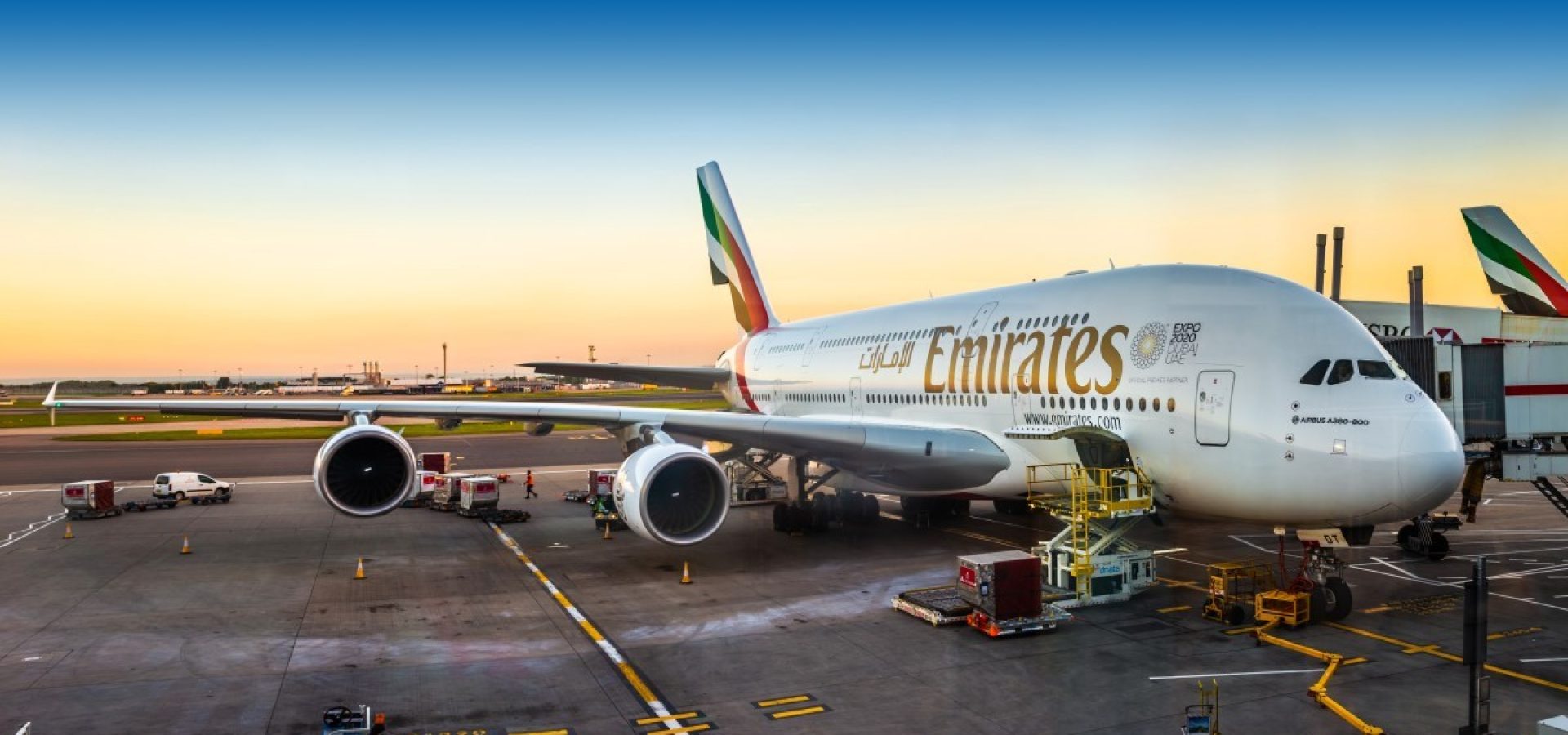People all over the world have at least some knowledge regarding the U.S.-China trade tensions. However, relations between the U.S. and the European Union (EU) are also quite complicated. The U.S. government decided to maintain 15% tariffs on Airbus aircraft and 25% tariffs on other European goods.
Importantly, the EU tried to resolve a long-term dispute over aircraft subsidies. Nevertheless, the U.S. government made the decision to keep tariffs.
On Wednesday, the aviation giant said it regretted a U.S. decision regarding the tariffs on Airbus aircraft. The U.S. made the decision despite the European Union’s actions to comply with World Trade Organization rulings. Moreover, Airbus expects the EU to defend European interests.
According to Airbus, despite Europe’s recent actions to solve this issue, the Office of the United States Trade Representative (USTR) decided to maintain tariffs on its aircraft. The agency initially imposed 10% tariffs on the Airbus aircraft. However, it decided to change the tariffs to 15% in March of this year.
Moreover, the spokesman of the aviation giant, highlighted the severity of the situation, as aviation and other sectors have to deal with an unprecedented crisis created by the coronavirus pandemic. As stated above, Airbus expects Brussels to defend its interests as well as the interests of all the European companies and sectors affected by these tariffs.
Airbus and U.S. Trade Representative

U.S. Trade Representative Robert Lighthizer does not agree with this position. According to Lighthizer, the European Union had not taken actions necessary to comply with the World Trade Organization’s decisions. Moreover, the U.S. would initiate a new process as the U.S. government wants to reach a long-term solution.
Based on the information provided by the Office of the United States Trade Representative, the agency plans to modify its list of $7.5 billion of affected products. Notably, it would remove certain goods from Greece and Britain. However, the agency plans to add an equivalent amount of goods from France and Germany.
As a reminder, last month the aviation giant said it would increase loan repayments to France and Spain. The dispute regarding the aircraft subsidies dates back to 2004.
Moreover, trade groups are bracing for an escalation of the row in the autumn. The EU is expected to win the World Trade Organization’s approval. It means that the EU will be able to impose its tariffs on subsidies for Boeing.
It is worth noting that the Wine & Spirits Wholesalers of America as well as the Distilled Spirits Council of the United States criticized this decision. According to the Wine & Spirits Wholesalers of America, tariffs on EU beverage alcohol products would cause additional pressure on a sector. This decision would create additional problems for the hospitality industry as well.









COMMENTS